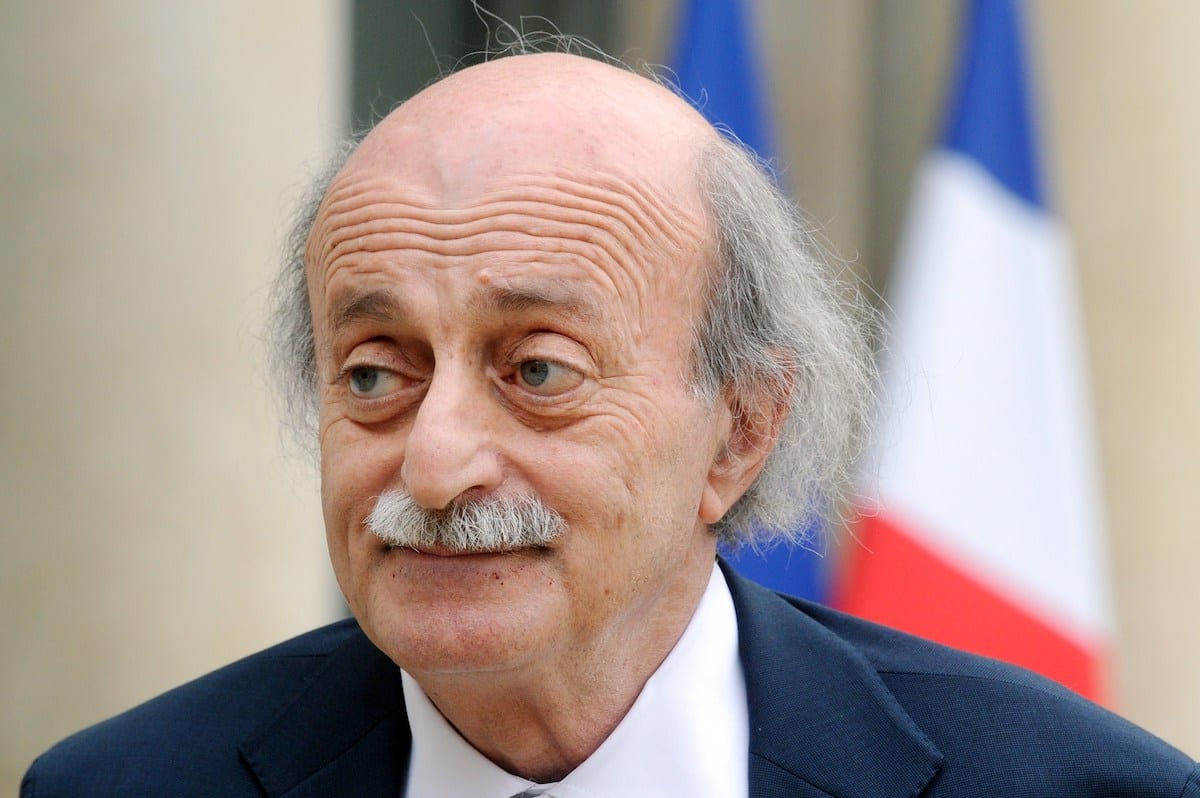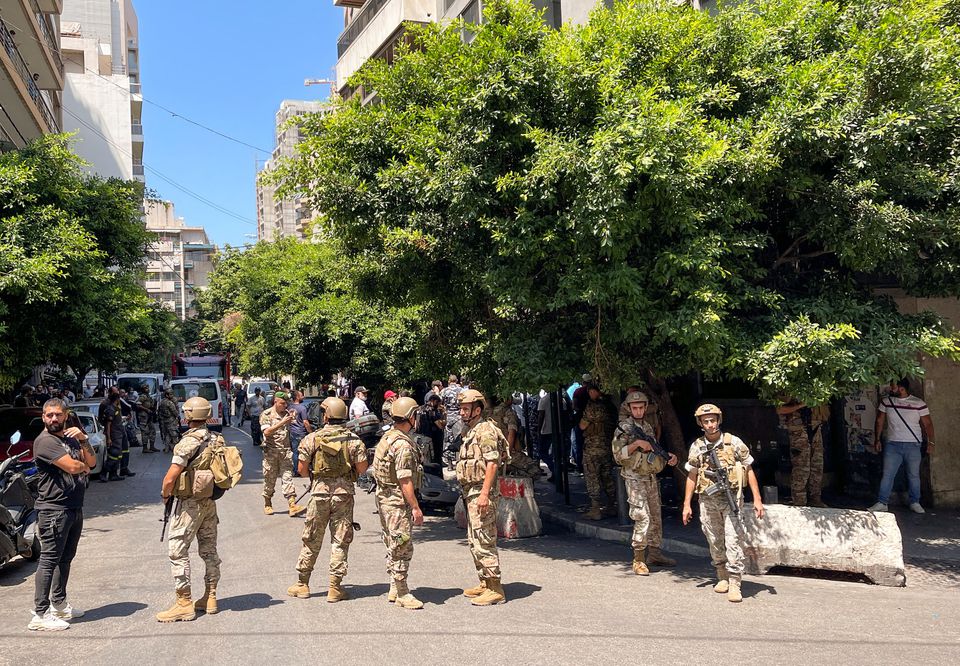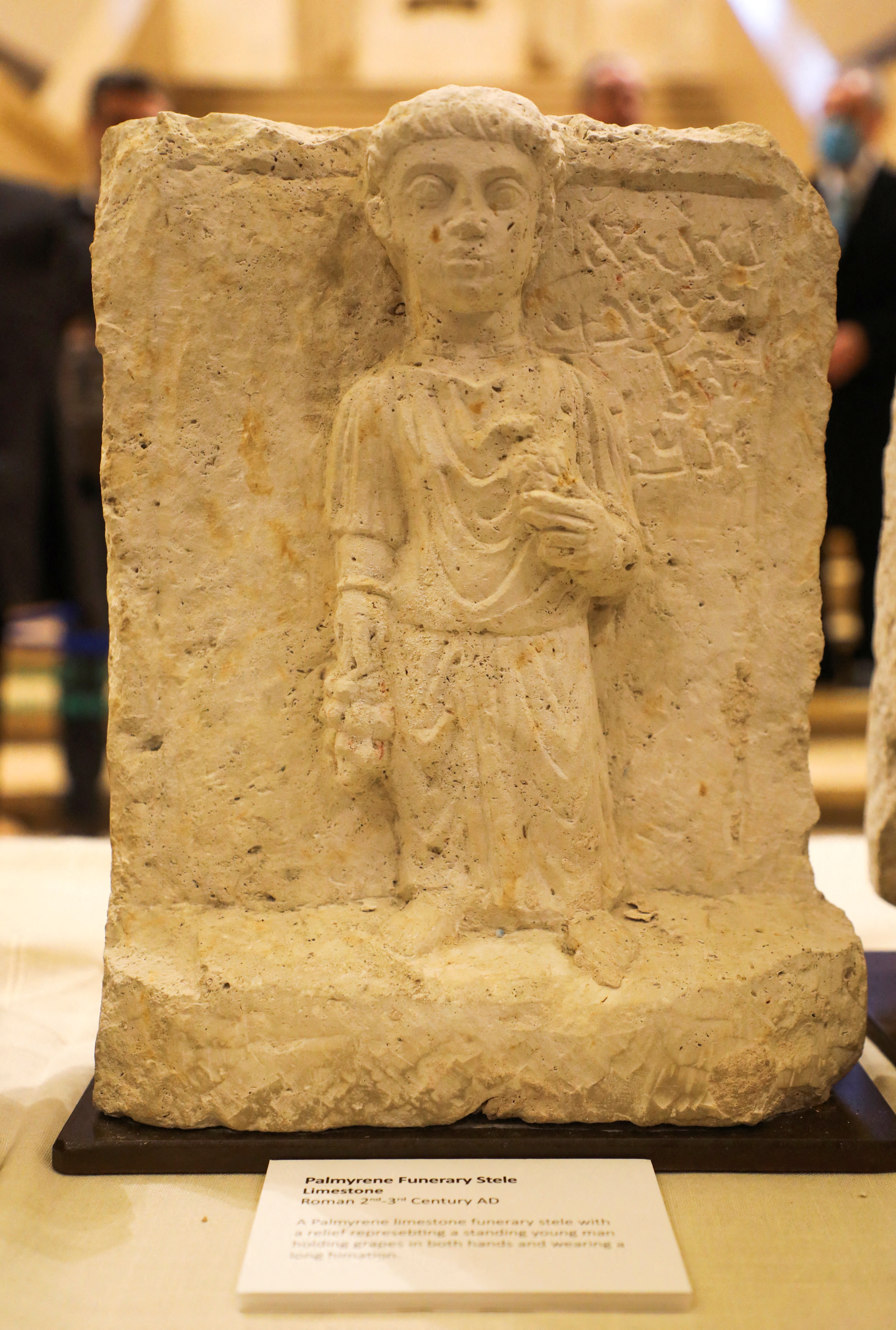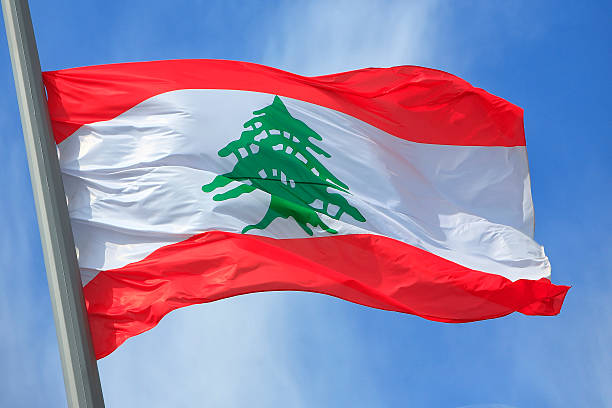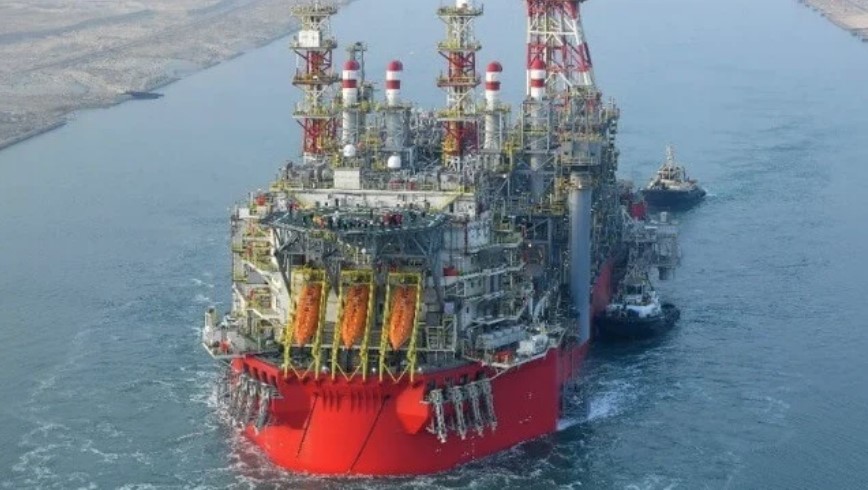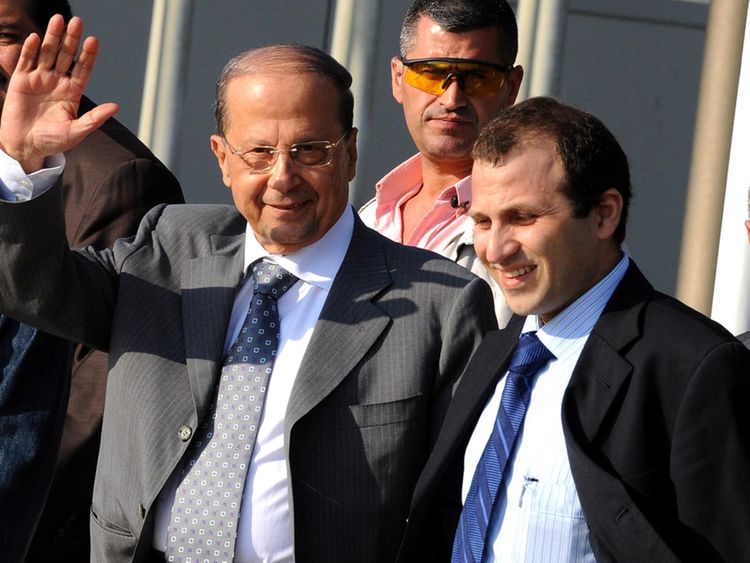
NNA – Free Patriotic Movement Chief, MP Gebran Bassil, stressed Saturday on the factor of “representation” as being the foremost characteristic of the future president of the republic. “The position of the president is linked to his powers and characteristics, particularly his representation,” he said, emphasizing that “the first and most important factor is his real and natural representation, i.e. his actual representation of the people,” which is embodied by a parliamentary bloc and a ministerial bloc that supports him and increases the strength of his powers and position. “Without this, the president would lose much of this power,” deemed Bassil. His words came following his visit to Al-Diman this afternoon, where he held a two-hour closed meeting with Maronite Patriarch, Cardinal Bechara Boutros al-Rahi, touching on the latest developments prevailing in the country.
Bassil continued to stress that “the president of the republic must be part of his environment and its conscience, and a good representative of it,” while emphasizing that “he is the president of all the Lebanese, so he must enjoy the endorsement of the majority of the Lebanese.” “The decision on this issue must be in the first place with the actual representatives, and this is an occasion for Bkirki to take any possible initiative and we support it in carrying out its endeavors,” the MP went on. “Today, as you know, is the season of specifications, with the bazaar on specifications including the future president’s character, patriotism, humanity, competence, understanding, knowledge…as well as his concept of the state and the state’s monetary and financial economy in this circumstance and his ability to communicate abroad and internally,” Bassil continued. “However, the first and foremost characteristic, I would even say the last and most important, is representation; otherwise, why democracy or the elections?” he reiterated.

